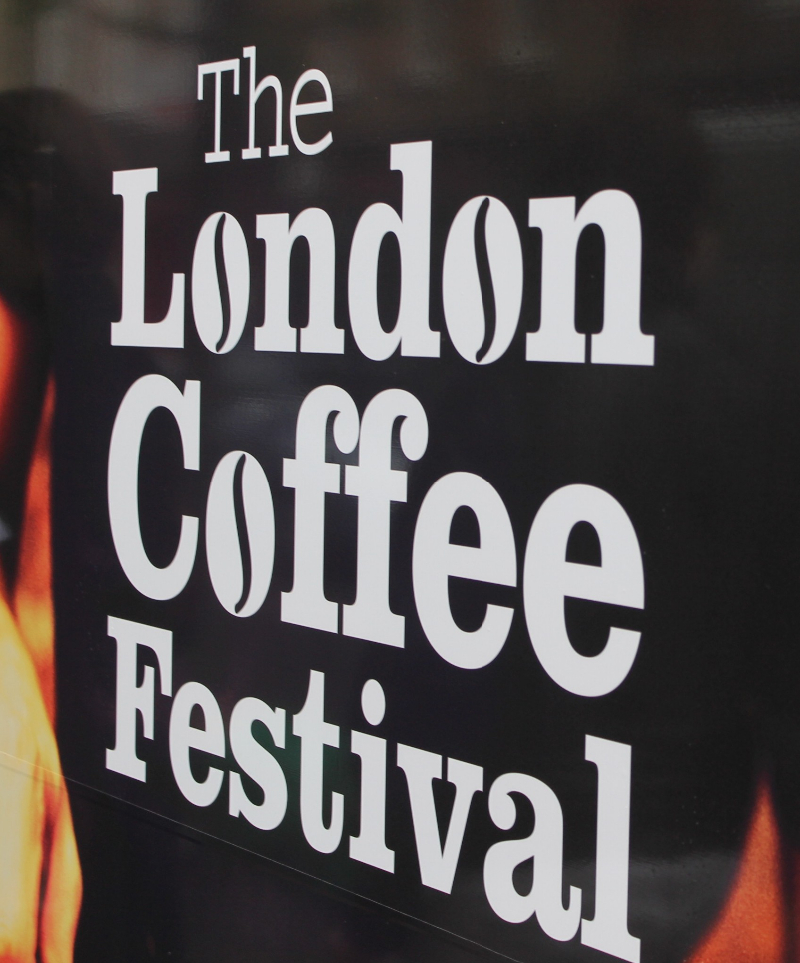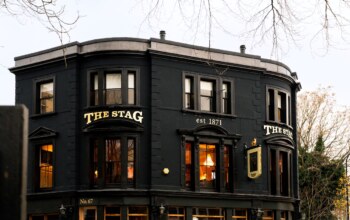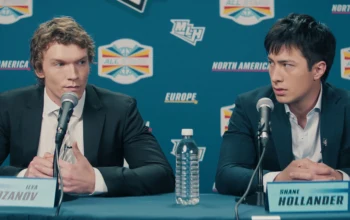The G20 2013 Summit: Who was there and what were their aims?

This year’s G20 summit has been dominated by discussions and debates around the fate of Syria and the possibility of international intervention in an attempt to stem the huge losses the country has suffered over the last two years. Each country has thrown their hat into the ring and made their position on the question of whether the international community should wade into a Middle Eastern conflict once more known.
But with so much focus on the growing divisions between those that advocate international action and those that don’t, other pressing global issues have been relatively ignored.
Here The Upcoming has provided a list of who was actually at the summit and what was on their agenda.
INDONESIA
Indonesian leader Susilo Bambang Yudhoyono declared his country had an interest in the continued discussions on the global economy. It’s thought Yudhoyono took the chance to assess the different options put forward by the world leaders with regards to their global economic policies.
SOUTH AFRICA
Jacob Zuma aimed to promote African interests and development at the conference. The African leader also took the opportunity to meet with the leaders from Brazil, Russia, India and China to discuss the Durban Declaration, in light of the implications on the new development bank and the currency reserve arrangement.
CANADA
Prime Minister Stephen Harper planned to focus on two main issues: Syria and debt reduction. On the former, the Canadian representative aimed to convince his fellow world leaders a military strike is necessary on Syria. With regards to debt reduction, Harper believes countries should be setting firm targets for reducing their debt over the next few years.
ARGENTINA
Cristina Fernandez de Kirchner hoped to address the burgeoning “Vulture funds” issue, as Argentina will discuss creating employment opportunities, increasing production and attracting investment. She cites the persistent economic crisis in countries like Greece and Spain as a prime example of how regulations need to be tightened, and people need to be given more job security.
CHINA
President Xi Jinping had urged G20 members to form closer ties with each other in a bid to reaffirm the strength of the global economy. China will push for certain reforms to guarantee a sustainable long-term economic growth across the world, as well as reforms within the International Monetary Fund.
JAPAN
Shinzo Abe of Japan had indicated he planned to discuss at great length the crisis in Syria, and the steps his fellow G20 leaders must take to address the use of chemical weapons. Abe has neglected to speak publically about Japan’s stance, instead suggesting that he looked forward to extensive talks with US President Barack Obama.
SOUTH KOREA
Park Geun-hye has proposed countries adopt a mindset of fiscal soundness to promote sustainable growth and market confidence. Park has also encouraged G20 members to reach structural reform, and promote free trade. The South Korean head of state believes free trade is highly significant and would come at little cost.
INDIA
Manmohan Singh indicated India would need to take steps to rebalance the economy. He emphasised the need for an orderly exit from unconventional monetary policies being pursued by developing countries. This would be crucial to ensuring growth prospects of the developing world are left without damage.
SAUDI ARABIA
The Saudi Arabian delegation stands among the nations backing Obama’s proposed military strike on Syria, stressing the need to retaliate to the use of chemical weapons. King Abdullah was not present.
AUSTRALIA
Kevin Rudd was absent from the G20 summit, as his nation were criticised for failing to hold a closing press conference at the Leaders’ Summit despite holding Presidency for 2014.
FRANCE
Francois Hollande currently remains US President Barack Obama’s strongest ally with regards to military intervention in Syria. France has been the only nation so far to pledge joining any military strike. Meanwhile Hollande has also praised the focus on growth at the G20 summit.
UNITED STATES
President Barack Obama’s stance on Syria has perhaps been the most defined leading up to the conference, as he attempted to convince his fellow world leaders of the necessity of a military intervention on Syria. In many ways the President failed to gain the support of a number of nations.
RUSSIA
Host Vladamir Putin has proved the stumbling block in any attempt to intervene on the Syrian crisis. Russia remains firmly against any proposed military strike and did all it could to block putting pressure on the Syrian leader Basset al-Assad. Putin also stressed economic risks still remain, as greater measures need to be taken.
UNITED KINGDOM
Having been denied the opportunity to join any military intervention by the Commons last week, David Cameron joined the G20 summit very much on the sidelines, with the aim of pursuing alternatives. The Prime Minister pledged £52 million of aid for Syria, but his overall role at the summit was comparatively minor.
GERMANY
Angela Merkel remained cautious of making too blunt a statement regarding military intervention in Syria. In the end, Germany did not openly endorse a strike. But the German Chancellor took a firm stance with regards to regulating the financial markets, and clamping down on tax evasion.
ITALY
Prime Minister Enrico Letta believed the conference was the last chance for the nations to agree on a defined strategy regarding Syria, but of course this was never realised. He stressed the importance of reaching a conclusion, but refused to join with a military intervention without intervention first receiving UN approval.
EUROPEAN UNION
A proposed trade deal between the EU and Canada hit a delay at the G20 summit. While key nations discussed the Syrian conflict, the EU and Canadian representatives remained on the sidelines as they attempted to resolve details behind the long-overdue trade deal, but realised many issues still remain.
BRAZIL
Brazil hoped to enter the continued economic discussions, with particular interest in a measure dubbed the “currency war”. Furthermore, the Brazilian head of state entered heated discussions with Obama regarding the alleged use of surveillance mechanisms in Brazil.
MEXICO
President Enrique Pena Nieto suggested he had received guarantees from Obama that an investigation into the extent of the United States’ surveillance would be held. He had hoped to raise the issue with Obama at the summit. Mexico joined Brazil in raising concerns with regards to spying on an international scale.
TURKEY
Prime Minister Tayyip Erdogan stated that nearly all nations’ leaders supported military action in Syria. Turkey had previously declared its support for any such action, and suggested a breakaway coalition could form with the aims of intervening without the blessing of the UN.
The G20 Summit in Russia proved to be a frustrating affair for many key nations, in particular the United States. While there had been some progress made in terms of implementing new financial policy to rectify the global economic crisis, the same can’t be said about reaching a conclusion regarding intervention in Syria. Obama faced a difficult challenge in persuading his fellow world leaders, but the conference ended abruptly as member nations remained divided on how to proceed.
Keumars Afifi –Sabet
























Facebook
Twitter
Instagram
YouTube
RSS